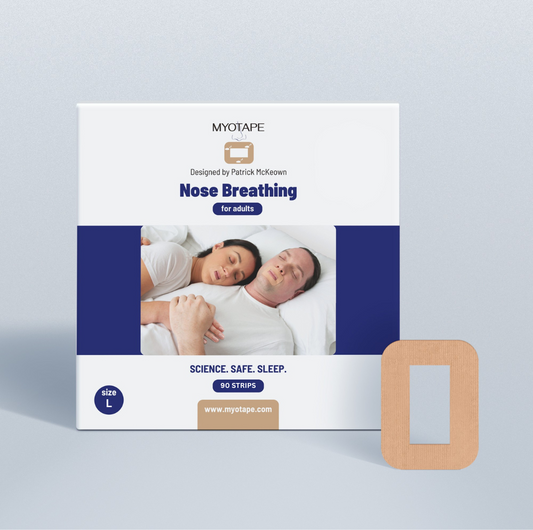Breathing continually through an open mouth can have significant impacts on learning outcomes. This is because mouth breathing affects brain activity in ways that are crucial for cognitive functions. A study involving twenty subjects aimed to monitor changes in brain waves during nose and mouth breathing to understand these effects better (Lee et al., 2020).
In the study conducted in 2020, the researchers used electroencephalography (EEG) to measure brain activity while participants performed cognitive tasks. EEG is a method that records electrical activity in the brain using electrodes placed on the scalp.
The study measured different brain wave frequencies, including delta, theta, alpha, beta, and gamma waves, which are associated with various cognitive functions and states of consciousness. The participants were asked to perform tasks that required working memory, such as the n-back task, which is a common test used to measure a person’s memory and attention.
What Were the Findings from the Study?
Brain Wave Differences Among Mouth Breathers: The study found that mouth breathing resulted in different brain activity patterns compared to nose breathing. Specifically, theta and alpha waves, which are associated with relaxation and cognitive processing, were lower during mouth breathing. This was observed both at rest and during the cognitive tasks. During more demanding tasks (2-back tasks), beta and gamma waves, which are linked to active thinking and information processing, also showed lower power in mouth breathers.
Cognitive Performance Among Mouth Breathers: The changes in brain activity suggest that mouth breathing could impact cognitive functions over time. Thus, continuous mouth breathing may lead to poorer learning outcomes due to less efficient brain activity.
Lower Oxygen Saturation in Mouth Breathers: According to the study, one of the reasons for these changes in brain activity is decreased oxygen saturation during mouth breathing. Oxygen saturation refers to the amount of oxygen carried by the blood to the brain and other parts of the body. Lower oxygen levels can impair brain function, affecting cognitive abilities and learning outcomes.
What Does This All Mean?
Nasal breathing plays a vital role in maintaining optimal brain function and cognitive performance. When children (or adults) breathe through their noses, they benefit from better oxygenation, which supports healthy brain activity. In contrast, mouth breathing can lead to reduced oxygen levels, affecting brain waves.
The findings from this study shed light on an important aspect of our children's health and development: how they breathe can significantly impact their learning and cognitive abilities. As parents, it is natural to want the best for our children, and understanding the role of breathing in their cognitive development is a crucial step. Simple breathing exercises and addressing any nasal obstructions can make a big difference.
You can take our easy online breathing courses by Patrick McKeown, author of The Breathing Cure, to learn some powerful breathing exercises that can help you breathe nasally, boost your cognitive abilities, and enhance your concentration.
Additionally, our safe and effective mouth tape called MyoTape provides an excellent way to switch to nasal breathing by training you to breathe through your nose at all times. Visit our MyoTape shop to view our products, which includes mouth tape for adults, for kids, and for sensitive skin.
References:
Lee KJ, Park CA, Lee YB, Kim HK, Kang CK. EEG signals during mouth breathing in a working memory task. Int J Neurosci. 2020 May;130(5):425-434. https://pubmed.ncbi.nlm.nih.gov/31518511/








